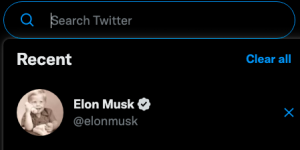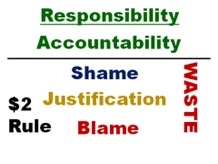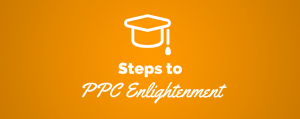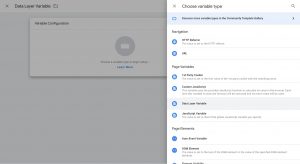
You may be conscientious, but are you productive? They’re two different things.
When I take work personality tests, I’m off the charts on conscientiousness. Conscientious people tend to show self-discipline, act dutifully, and aim for achievement. We display planned rather than spontaneous behavior and are generally organized and dependable.
This all sounds great, of course. But conscientiousness and productivity are not the same, and I’ve found that some conscientious habits can interfere with productivity. I share them with you here so you can be on the lookout.
Choosing assignments based on your strengths
Business guru Marcus Buckingham says to play to your strengths, and he’s not completely wrong. People who focus on tasks they’re good at will be more productive, usually. The trouble is, when you are naturally talented in an area, you may become complacent and believe there’s nothing more to learn or insights to derive. This can lead to sloppiness and overconfidence in your work, at which point productivity goes downhill.
Following directions
Conscientious people are terrific rule followers. In the workplace, it’s essential that you understand how to submit to sensible authority. The key, though, is the word “sensible.” Conscientious people will often blindly follow their boss’ will whether or not it’s the right path. If you know more about an issue than your manager, you owe it to your team and your productivity to diplomatically address how that issue can best be handled.
Doing online research
I tell myself that spending hours perusing Google Scholar and Wikipedia is a legitimate use of my time when I’m entering uncharted, work-related territory. But is it really? Not always, because in addition to being conscientious, I’m also curious. This means that I might start out looking up recruitment segmentation and, through a chain of spontaneous clicks, find my way to an article on the scientific explanation for ghost sightings. If you’re not careful, online research can turn into the mother of all time sucks.
Going into the office when you don’t have to
Conscientious employees wear their office face time like a badge of honor. However, going in just for the sake of going in is often not as productive as taking time at home where you are free of a commute, distractions, and chatty colleagues. There are some companies – and some managers – who really do equate face time with results. But these are becoming less common, and if you aren’t under the influence of one, consider what spending 50 hours a week trapped in your cubicle actually buys you.
Delaying email responses
People with laser focus have the ability to work with blinders on, effectively ignoring everything with the potential to derail them from the task at hand. This is generally a good strategy, but like everything, it can go too far. My rule of thumb is that if an email can be answered in seconds or even a few minutes, take care of it right then. Otherwise, you may procrastinate addressing it, allowing the message to take up more time and thought than appropriate. And at the end of the day, you could find yourself bogged down – not only with a slew of original messages – but with follow-ups.
Holding down the fort
Are you the one who selflessly stays in the office while the rest of your colleagues are on vacation during the summer or winter holidays? If so, this may not be the best move. Vacation time is actually good for productivity because it allows you to return to work with a fresh outlook, an engaged brain, and a boost of mental energy. Plus, according to Project: Time Off, people who take all of their vacation time have a higher chance of getting a promotion or a raise than people who decline the opportunity to take paid time off.
Keeping a project too close to you
Conscientious people micromanage, fail to delegate, and fail to seek diverse input because they are concerned that relinquishing control will negatively impact results. They think: as long as I’m in charge of it, I know it will get done. However, there comes a time when you are so close to a project that you lose all perspective. For a project to reach its full potential as a productivity driver, employ another set of eyes (or two or three). They might see instantly what’s been holding you back.
Hitting every deadline
It’s honesty time. Have you ever been so timeline-obsessed that you turned in a less-than-stellar work product or hurried things along in a way that sacrificed quality? I’ve been there, and it’s important for us conscientious folk to remember that results trump deadlines. If you are normally a time-sensitive individual, your manager will appreciate an occasional request to push back a deadline in order to achieve the best possible business outcome. Your team’s productivity will thank you.
Are you guilty of any of these? If so, don’t be too hard on yourself. It’s clear that you have good intentions. By making some minor adjustments to your routine, you can be the best kind of employee – conscientious AND productive.
Business & Finance Articles on Business 2 Community
(136)
Report Post









